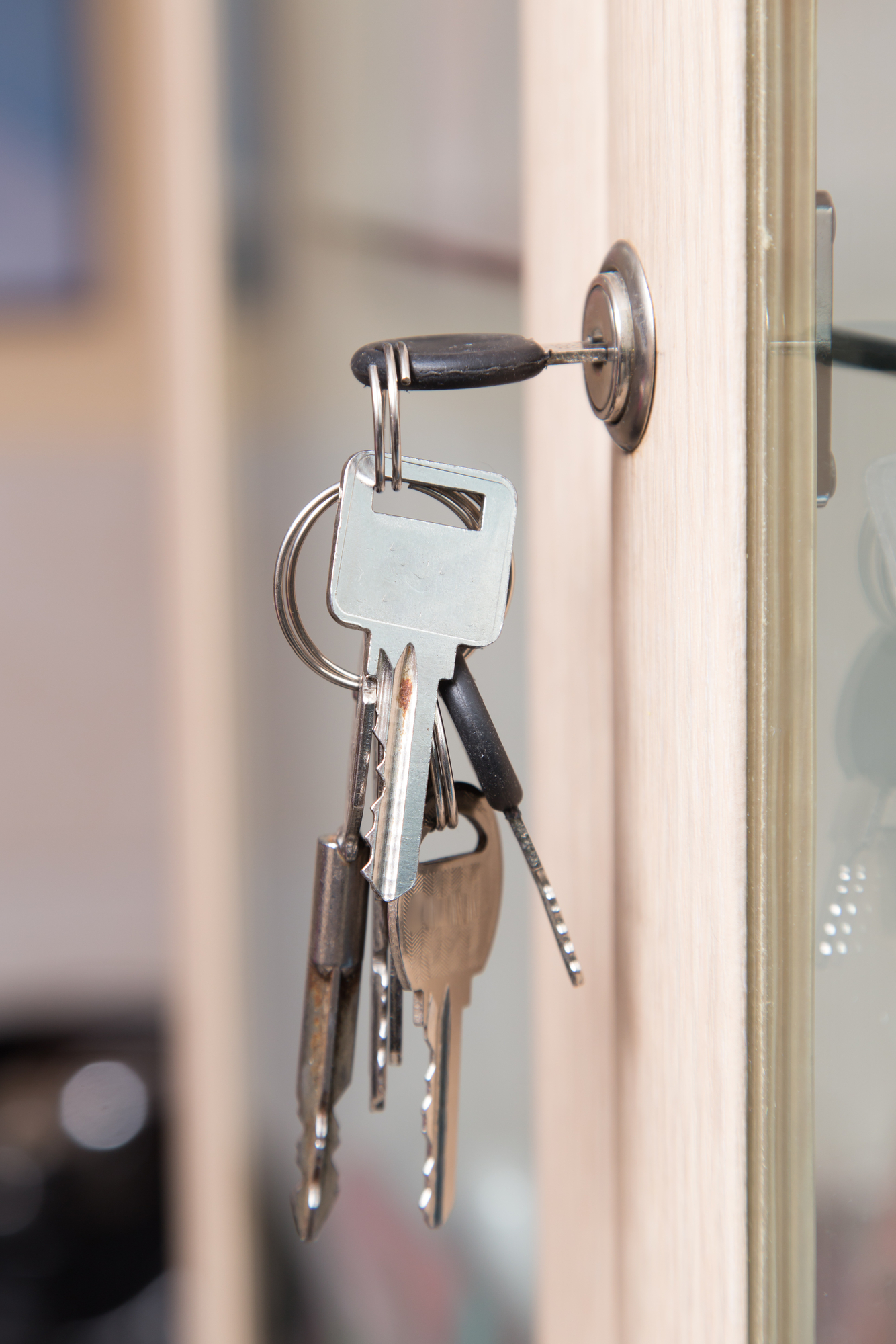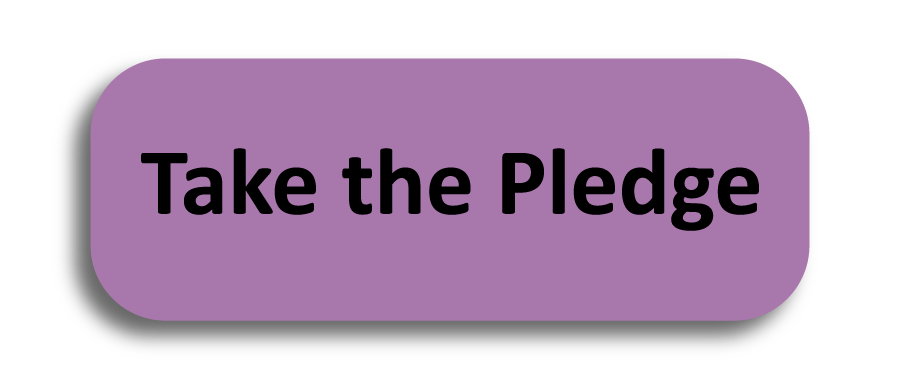
Opening the Door to Conversations this April
By Virginia Johnson, CPS
Although there are many theories behind the naming of the month April, one common thought is that “April” is derived from the Latin word Aprilis, meaning to open. April is the time of year for flowers and windows to open as the air fills with warmer temps and the smells of spring.
April is also the time of year to open the door to conversations with the youths in our lives about the effects of alcohol. April is Alcohol Awareness Month, a national public health awareness campaign sponsored by the National Council for Alcoholism and Drug Dependence (NCADD).
Why is Alcohol Awareness Important?
Alcohol is the most-used substance by youth and adults in the United States. According to the National Institute of Health’s 2020 Monitoring the Future Survey, 55.3% of high school seniors used alcohol in the past year. In North Carolina, 12% of teens had their first drink of alcohol before the age of 13. More teens die as a result of alcohol use than all other illicit drugs combined. In North Carolina, one person dies every week as a result of underage drinking. More than one-third of teen traffic deaths are alcohol-related. Even non-drinking teens are at risk if they get into a car with an alcohol-impaired driver. In the 2019 YRBS survey, 15.9% of Wake County High School freshmen reported riding in a car with someone who had been drinking.
Underage drinking is a problem that must be addressed and not viewed as “just a phase” that teens go through. Since the human brain is not fully developed until age 25, teens who start drinking before age 15 years are 40% more likely to develop alcohol dependence. Alcohol is the third leading cause of preventable death in the United States and alcohol use among children is strongly correlated with other dangers including violence, poor academic performance, high-risk sexual behaviors, and arrests.
So what can parents do? Talk It Up.
Even though they may not show it on a regular basis, teens want parents/caregivers to set clear guidelines and expectations. It is important to talk to youth about the dangers of alcohol and other drugs, and about your values as a family. Considering that most children have seen adults drinking alcohol on TV or in real life before they start kindergarten and that by 8th grade, the majority of teens have favorable attitudes towards alcohol consumption (YRBS, 2019), it is never too early to begin the conversation. It is important to talk to the children and youth in your life about the dangers of underage drinking and your clear expectations around the use of alcohol. 
The Substance Abuse and Mental Health Services Administration recommends these tips when talking to youth about alcohol:
- Let them know you disapprove of underage drinking and other drug misuse.
- Show you care about their health, wellness, and success.
- Demonstrate that you are a good source of information about alcohol and other drugs.
- Pay attention and listen.
- Build their skills and strategies for avoiding drinking and other drug use.
The conversation around alcohol needs to be ongoing. Use the opportunities of everyday life as reasons to naturally bring up the conversation. If driving down the road and a song comes on the radio about alcohol, take the opportunity for a teachable moment. If watching a TV show and a character is offered a drink, ask what are the options someone has in that situation. Roleplay the situation and practice creative ways to say “no” when offered alcohol. This will build confidence in their skills and ability to abstain from consuming alcohol.
Check out this video for ideas on how to start the conversation. For more information on how to talk to the children and youth in your life, visit Talk. They Hear You and download the app for interactive scenarios and tips.
What else can parents, caregivers, and other adults do? Lock It Up!
The home is the number one place youth access alcohol. It’s important to monitor and secure alcohol in the home. Since the COVID-19 pandemic began, alcohol sales have increased by 40%. That is 40% more alcohol available in the very place youth access it most frequently. Alcohol awareness and prevention are more important now than ever. If you have alcohol in your home, ensure it is secured to prevent easy access by youth.

- Monitor the alcohol that is in your home by taking inventory and being aware of the amount and types of alcohol available.
- Ensure alcohol in the home is not easily accessible. Secure alcohol by placing it in a locked cabinet or closet. If you have a fridge for wine or beer, consider adding a fridge lock. Cabinet locks and fridge locks can be purchased at your local hardware store or online.
Another quick tip, if you drink alcohol, model responsible drinking. It is important for youth to see the adults in their lives that they look up to modeling responsible drinking. As adults, we can promote responsible drinking by following the 0-1-2 alcohol consumption guidelines (2021-2025 Dietary Guidelines):
- 0 Drinks if you are under age 21, pregnant, driving, or in treatment or recovery for alcohol addiction.
- 1 Standard Drink limit per day for women.
- 2 Standard Drink limit per day for men.
It is important to remember that a standard drink is one 12-ounce beer (5% alcohol content), 8 ounces of malt liquor (7% alcohol content), 5 ounces of wine (12% alcohol content), or 1.5 ounces of 80-proof (40% alcohol content) distilled spirits. Many mixed beverages may contain 2-3 standard drinks.
In closing, enjoy the beautiful April weather and open the door for conversations with the youth in your life on the effects of underage drinking and your expectations. Take the pledge to Talk It Up. Lock It Up!™ and encourage others to take the pledge and start the conversations with your child today.
References:
- Alcohol and the Adolescent Brain: Immediate Impairment, Long-Term Consequences.
- Centers for Disease Control. Rethink Your Drink.
- Centers for Disease Control. Youth Risk Behavior Survey 2019.
- Centers for Disease Control. Facts Sheets – Underage Drinking.
- North Carolina Preventing Underage Drinking Initiative.
- SAMHSA. Talk They Hear You.
- TOOLKIT: Alcohol Awareness Month.
- U.S. Department of Health and Human Services.
- Substance Abuse and Mental Health Services Administration.
- Current Dietary Guidelines.
Featured Poe Activity: Take the Talk It Up. Lock It Up!™ Pledge
You can start making a plan to Talk It Up. Lock It Up!™ by taking the pledge. Sign today!
Featured Poe Program:#YouthCulture Series
Participants: Adults
Program Length: 2-hour workshop
This program also offers a youth component to each session. Ask us about this!
The Poe Center’s #YouthCulture program is designed to empower parents and guardians by providing insight into the environment and culture around our youth. This 2-hour workshop explores how the developing adolescent brain shapes perceptions and behavior. All participants will receive a free packet of supportive materials and resources. Covered topics will include substance use, Internet safety, sexting, and healthy dating relationships. In addition, we will explore ways to enhance parent-child communication.
Programs can be presented online and are great for youth and family groups to participate from home. Call (919) 231-4006 for details.

